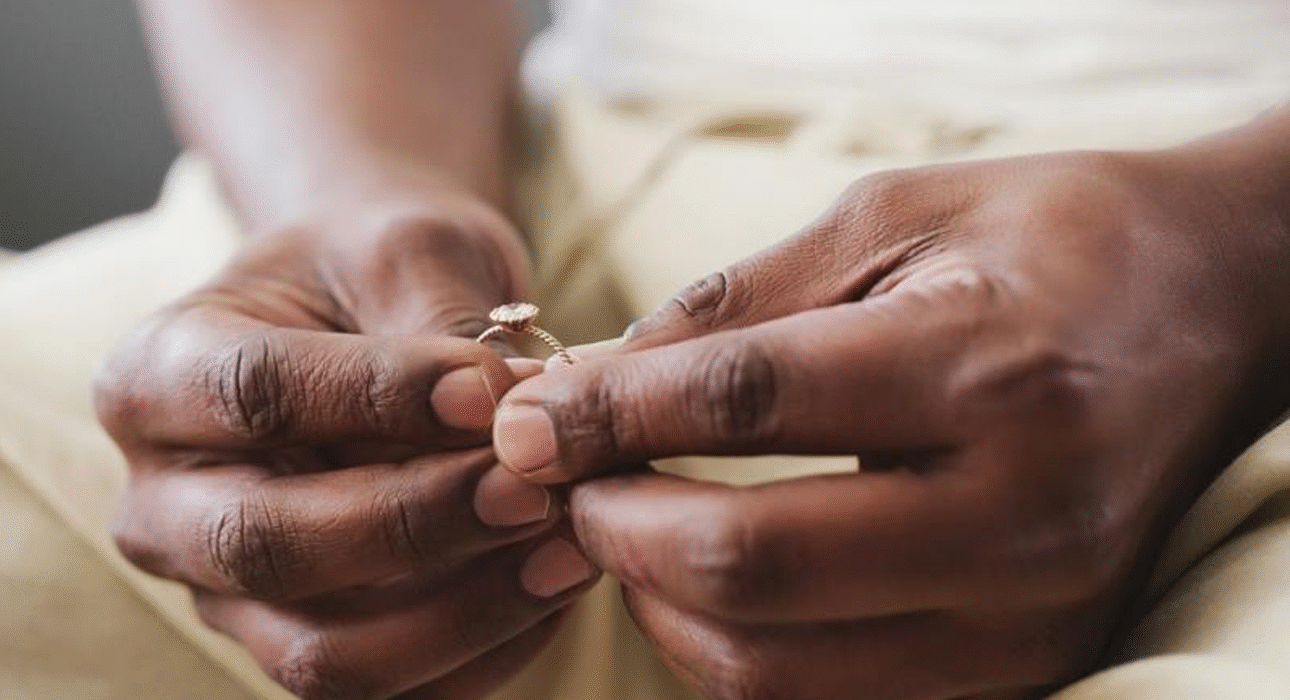Zimbabwe’s Marriages Act of 2022 was hailed as a revolutionary step forward. It swept away archaic, colonial-era laws, championed gender equality, and, most notably, outlawed child marriage by setting a uniform minimum age of 18.
These are monumental victories worth celebrating. But as the dust settles, a critical question emerges from the quiet corners of the discourse: What does this new era of marriage law mean for Zimbabweans with disabilities?
The answer, it seems, is both a reassuring step forward and a deeply concerning stumble. While the Act offers new protections, it remains troublingly silent on key issues, leaving the fundamental right to marry for some of our most vulnerable citizens in a state of legal limbo.
A Major Win: Closing the Door on Exploitation
First, let’s acknowledge the profound gains. The single most important victory in the new Act is the firm establishment of 18 as the minimum age for marriage, with no exceptions. The previous laws—the Marriage Act [Chapter 5:11] and the Customary Marriages Act [Chapter 5:07]—left gaping loopholes that enabled the marriage of children, particularly young girls.
Persons with disabilities are often at a heightened risk of exploitation and forced marriage, and this provision provides a strong, unambiguous shield.
Furthermore, the Act places the concept of “free and full consent” at the very heart of the marriage contract. This is a crucial shift from the old laws, where the consent of a guardian, especially under customary law, was often the deciding factor.
By prioritising the individual’s consent, the law rightfully moves towards recognising personal autonomy. For many with physical disabilities, this is a clear victory, ensuring their decision to marry is their own.
The Troubling Silence: Where the Law Loses Its Voice
However, this is where the progress stalls. While the Act champions “free and full consent,” it provides absolutely no guidance on how to determine this consent for persons with intellectual or psychosocial disabilities. This omission is not just a minor oversight; it’s a cavernous gap that threatens the very rights the law aims to protect.
This silence is especially glaring when contrasted with Zimbabwe’s own National Disability Policy (NDP), launched in 2021. The NDP is a progressive and powerful document that aligns with international human rights standards. It explicitly advocates for supported decision-making.
This is the crucial idea that individuals should be given the support they need (like trusted friends, family, or professionals to help explain options) to make their own choices, rather than having a guardian make a “substituted decision” for them.
The Marriages Act completely ignores this principle. Failing to incorporate a framework for supported decision-making it leaves the assessment of capacity to consent in the hands of marriage officers who have no training or legal guidance on the matter.
The risk is immense. An individual with a psychosocial disability, fully capable of consenting to marriage with the right support, could be unjustly denied this right based on outdated prejudices or a simple lack of understanding. It effectively keeps the power in the hands of guardians and officials, who can claim a person lacks capacity without a clear, rights-respecting process to prove otherwise.
A Path Forward: From Paper Law to Lived Equality
So, how do we bridge this divide between a progressive national policy and a silent law? The solution requires proactive steps to breathe life into the rights of all citizens.
- Amend the Act or Issue Clear Regulations: The most direct solution is to amend the Marriages Act to include provisions for supported decision-making, aligning it with the National Disability Policy. Short of an amendment, the government could issue clear, binding regulations that instruct marriage officers on how to fairly and justly assess the capacity to consent in a way that respects an individual’s autonomy.
- Training and Awareness: Marriage officers, judicial officers, and the public need comprehensive training on disability rights. They must understand that a disability, including an intellectual one, does not automatically equate to an inability to consent or to desire a loving partnership.
- Advocacy: Disability rights organisations must raise their voices on this issue. Their expertise is essential in shaping policies and practices that are truly inclusive and empowering.
The right to form a family, to love, and to commit to a partner is a fundamental human right. Zimbabwe’s new Marriages Act has successfully defended this right for many. But until it addresses the specific needs of persons with intellectual and psychosocial disabilities, it will remain an incomplete victory.
True equality means ensuring that every single citizen, regardless of their physical or mental condition, has the unequivocal right to say “I do” and have that choice respected, supported, and celebrated.

